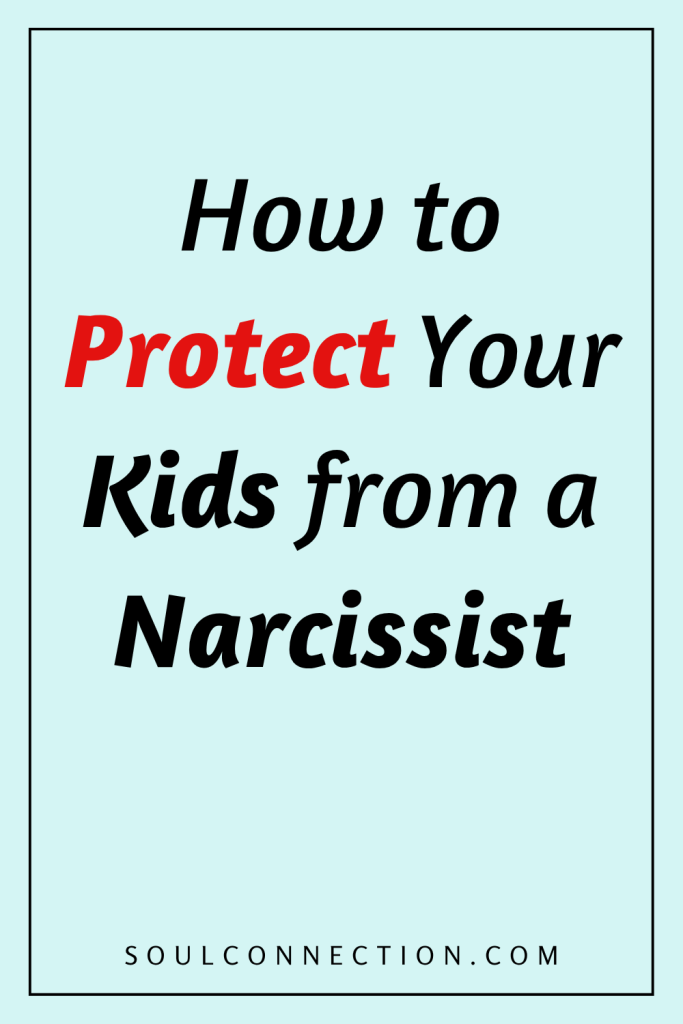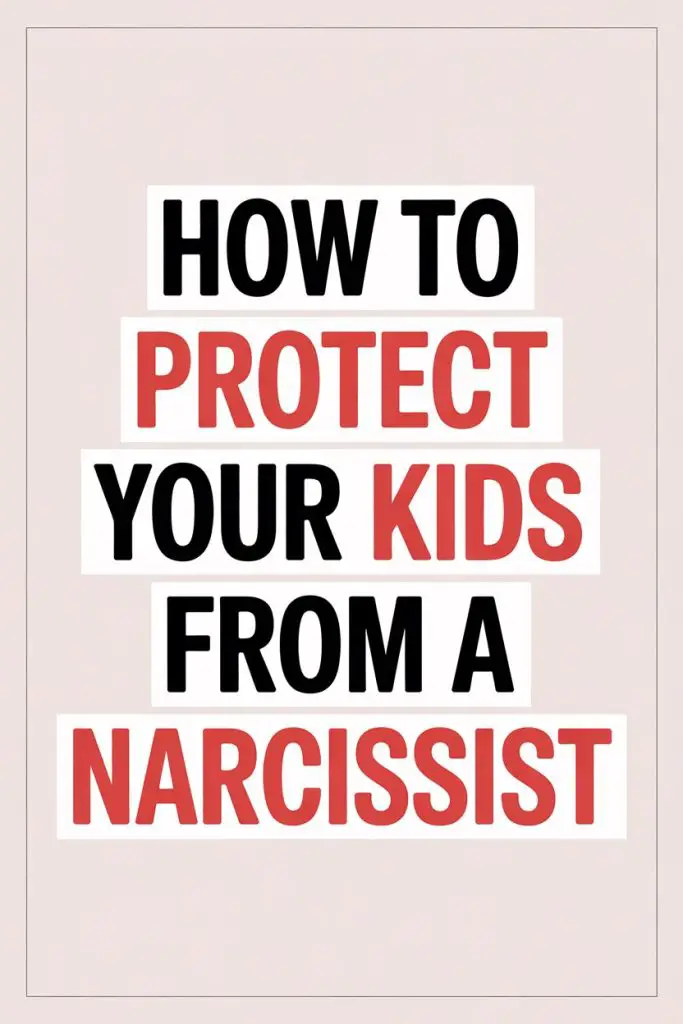Every parent wants their kids to grow up with self-worth, resilience, and maybe even the ability to laugh at themselves after tripping in public.
But what happens when one of the adults in their lives makes everything—every meal, every conversation, every bedtime story—about themselves?
Welcome to the joyride that is parenting with a narcissist in the mix. Grab your metaphorical crash helmet.
Spotting a Narcissist in Your Child’s Orbit
Narcissists don’t wear name tags (shame, really—it would save so much time). Instead, watch for patterns: endless self-focus, no sense of accountability, and a knack for turning every situation into a one-person drama.
Maybe it’s your ex, maybe it’s a grandparent, or maybe it’s that “fun” uncle who manages to make every family gathering about his gluten intolerance.
The key is to recognize these behaviors early, not because you’re nosy, but because your kids are learning what relationships look like from the adults around them.
The Emotional Hidden Costs for Kids
Growing up with a narcissist in the family can feel like living in a house with invisible tripwires. One wrong move, and boom—guilt, shame, or a monologue about how hard their parent’s life is.
Kids may start doubting their own feelings, apologizing for things that aren’t their fault, or believing love is something you have to hustle for. Emotional whiplash, served daily.
If you see your child acting like a tiny therapist, it’s time to put on your protective cape.
Setting Boundaries Without Causing World War III
Boundaries are your best friend here. Not the polite, British “Oh, sorry, do you mind?” boundaries, but the “Please don’t speak to our child that way” kind.
Narcissists love pushing limits, so your boundaries need to be consistent and clear.
Keep communications with the narcissistic adult brief, boring, and businesslike—think of yourself as a very polite robot who only discusses logistics, not feelings.
When it comes to your kids, explain boundaries in simple terms: “In this family, we don’t shout at each other,” or “It’s okay to say no if someone makes you uncomfortable.”
Will the narcissist get offended? Absolutely. Will you survive? Also yes.
Don’t Play Emotional Tennis
Arguing with a narcissist is like playing tennis with a wall that refuses to return your serve. Every attempt at logic gets you nowhere and just tires you out.
Model for your kids how not to get drawn into endless arguments or emotional traps.
When the narcissist tries to drag you (and your child) into a blame game, practice disengaging. Rehearse phrases like: “I’m not discussing this right now,” or “We can talk when everyone’s calm.”
Your sanity will thank you, and your child will learn that healthy people don’t stick around for emotional brawls.
Teach Your Child How to Spot Manipulation
Kids don’t automatically know when someone is twisting their words or guilt-tripping them into doing things. This is your chance to be their decoder ring.
Use examples from TV, books, or real life to show what manipulation looks like. “Did you notice how that character tried to make someone feel bad for saying no?” Ask questions that get your kids thinking about fairness, honesty, and respect.
It’s far more effective than a lecture, and you might even learn something from their answers (kids have a knack for brutal honesty).
Encouraging Emotional Honesty
The narcissist will try to edit your child’s reality: “That didn’t happen,” “You’re too sensitive,” or the classic, “Stop being dramatic.”
Create an environment at home where feelings are valid, no matter how inconvenient they are to anyone else’s narrative. Ask your child how they’re feeling about things—even the awkward stuff.
Validate their perspective. “That sounds tough. I believe you.” These words are like emotional seatbelts.
Once children trust their own feelings, they’re less likely to internalize the narcissist’s gaslighting.
Parallel Parenting for the Win
Co-parenting with a narcissist? That’s ambitious. Parallel parenting is your lifesaver. This means running your own household with your own rules, not trying to compromise with someone who thinks “compromise” means “everyone agrees with me.”
Exchange information through texts or email. Stick to facts, not feelings. If the other parent tries to use the kids as messengers, redirect: “If your dad/mum has a question, they can ask me directly.”
Your home becomes a safe zone, and your kids learn that one person’s chaos doesn’t have to spill everywhere.
Get Real About Parental Alienation
Narcissists are world-class at painting themselves as the victim. They might try to convince your kids you’re the villain in this week’s family soap opera.
Resist the urge to trash-talk back. Instead, stick to the truth. “Sometimes grown-ups don’t get along, but it’s not your fault.” Help your child see both sides without asking them to pick one.
If things get ugly, keep records of communications, but don’t let your child become the battleground. They’re not the prize in a custody contest.
Equip Kids with an Emotional Toolkit
Resilience isn’t something you can just order online with next-day delivery. It comes from giving your child the words and confidence to express themselves—even when someone tries to shut them down.
Roleplay tricky situations. Ask, “How could you handle it if someone says something mean?” Celebrate their assertiveness, even if it’s clumsy at first. Praise every moment they stand up for themselves or ask for help.
Confidence is the only thing that really annoys a narcissist, anyway.
Seek Professional Backup
Sometimes you need a referee—one with a master’s degree in untangling emotional knots. Therapists, school counselors, or support groups can give your child a safe place to process all the drama that isn’t of their making.
It’s not admitting defeat; it’s giving your kid extra armor for the battlefield. Plus, having a professional on your side helps document patterns if legal action ever becomes necessary (because nothing says “parenting” like a surprise day in court).
The Power of One Safe Parent
A single healthy relationship with an adult can outweigh a hundred toxic interactions. If you’re reading this, it’s probably you. Congratulations—you’re officially your child’s emotional anchor.
Keep showing up. Keep listening. Keep being the grown-up who doesn’t need all the attention, all the time. Kids notice this, even if they don’t say it.
You can’t erase the narcissist from their life—but you can make sure your child knows what love without strings feels like.
Raising Kids Who Know Their Worth
Protecting your child from a narcissist is less about building a fortress and more about teaching them they don’t have to live in someone else’s shadow.
Keep your sense of humor handy, your boundaries strong, and your empathy sharper than ever.
The world’s always going to have people who want to hog the spotlight. The trick is teaching your kids to find their own light—and maybe have a giggle when someone else tries to steal the show.


